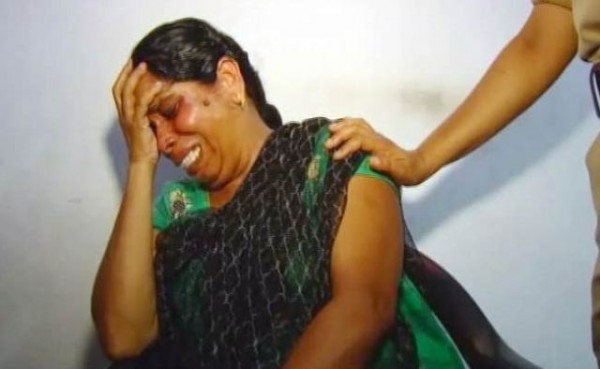Aazeen Kirmani
In February 2011, 24 year old Soumaya of Kochi (Kerala) was raped and left with grievous injuries. She succumbed to her injuries five days after the assault and her assaulter Govindachamy received a death sentence from a fast track court in 2012.

This week the convict’s death sentence was upturned by the Supreme Court and converted into a 7 year imprisonment. The apex court found him guilty of rape but not of murder and thereby dropped section 302 which had been invoked against him. .
Considering the existing provisions of IPC, in this light, it’s only fair that Govindachamy should get away with a mild sentence of 7 years.
However it is cases like this which throw forth some rather discomforting questions.
Is rape any less devastating than murder?
What is a greater threat to a peaceful and civilized society-rape or murder?
Who possesses a more perverted and dangerous mind-a rapist or a murderer?
Is snatching away a person’s right to dignified life a lesser crime than killing a person?
Since answers to all of the above questions tilt the balance against rape, why is it that the crime of rape carries such lenient sentences?
The answer of course lies in the deeply patriarchal tendencies of our society. As a crime committed by man against woman (in majority of cases) it possesses all the characteristics of a crime committed by the mighty against the weak.
The most prominent of those characteristics is ‘justification’ of the crime. Our institutions are chocked full of rape apologists who do an excellent job of justifying the act and emboldening the rapists.
It is more often than not justified as a natural consequence of victim’s erroneous behaviour like travelling alone at night, befriending the opposite gender, wearing provocative clothes, defying societal norms and now even eating beef.
The mindset of a society is reflected in its laws, rules and legal verdicts emanating from them. Therefore it is no surprise that in a deeply patriarchal and gender biased society like ours that rapists should get away with lightest possible sentence while the victim is left to struggle with the consequences of rape for a lifetime. .
Considering our claim as a progressive nation it’s time to make rape an offence punishable by death at least in cases like Soumaya’s where the victim loses her life as a result of injuries received during the assault irrespective of whether the rapist had the intention to kill or not. Same should be applicable to cases where the victim commits suicide in the aftermath of rape.
The 1400 year old Islamic law of capital punishment for rape convict surpasses the laws of almost all modern legal systems in ensuring justice to the rape victim. The crime of rape once proved, is punishable by death. Even the provision of forgiveness in lieu of monetary compensation applicable in murder cases is not applicable in case of rape. No amount of money can buy a rapist an escape from the noose.
The idea of capital punishment for rape crime does not sit well modern concepts of criminal justice which ensures umpteen provisions at the culprit’s disposal to gives him enough opportunity to exploit every possible legal loophole in his favour.
Nirbhaya’s was raped and brutally murdered in December 2012. Almost four years later, not one of her killers has met the noose. Most brutal of them – the minor who had thrust the rod into her and pulled out her entrails, is leading a dignified life after spending three years at a juvenile centre.
Another assaulter Mukesh Singh appeared in Leslee Udwin’s documentary India’s Daughter in 2015. Neatly dressed, clean shaven, at peace with himself Mukesh Singh had the audacity to put the blame on Nirbhaya for what befell her that fateful night.
Nirhabaya had wanted these men to be burned alive.
For a crime as heinous as rape anything less than death for the perpetrator is not justice.
Till rape become an offence punishable by death, the buzz around women’s liberation, empowerment and equality is but a farce.

